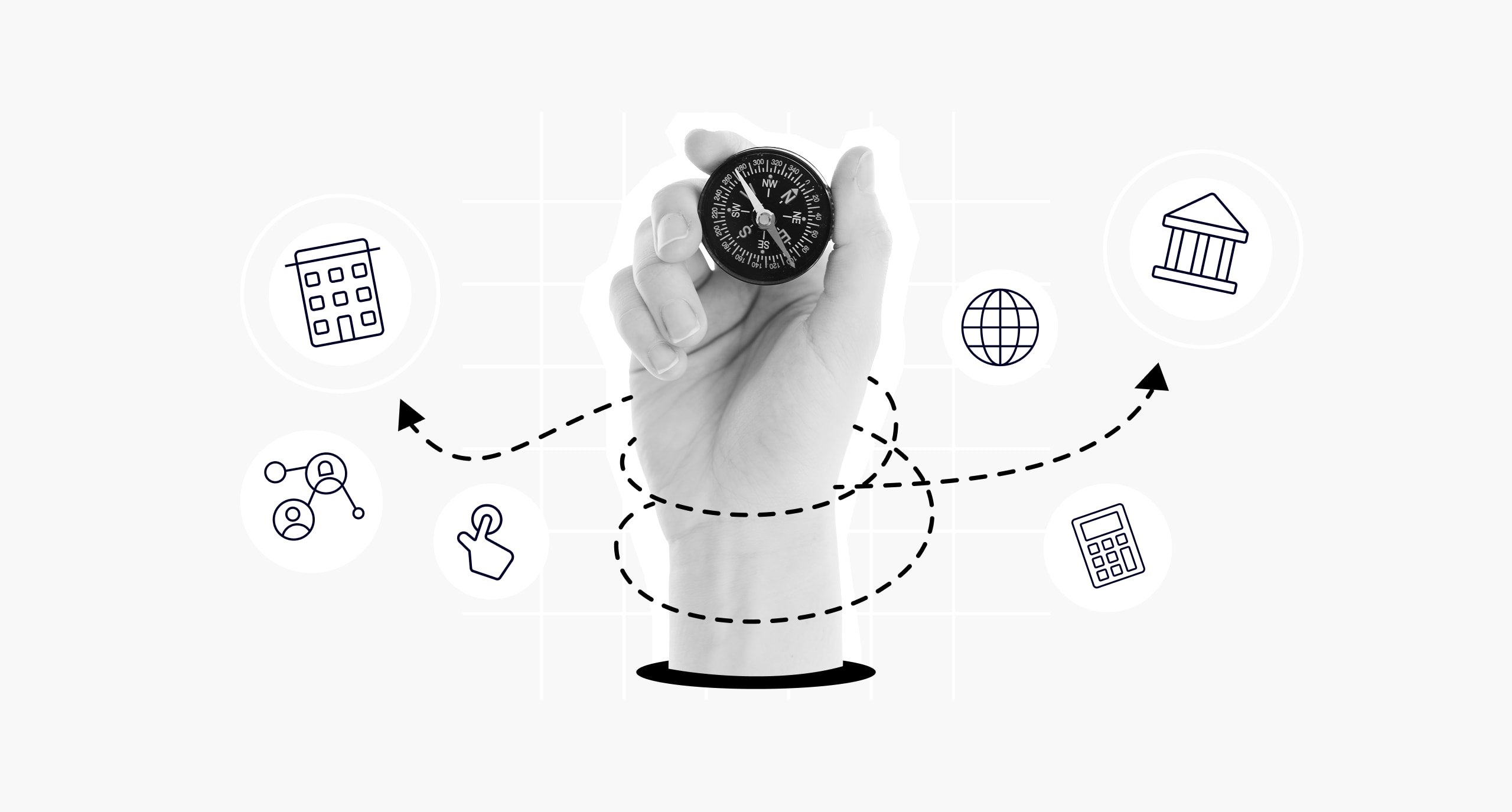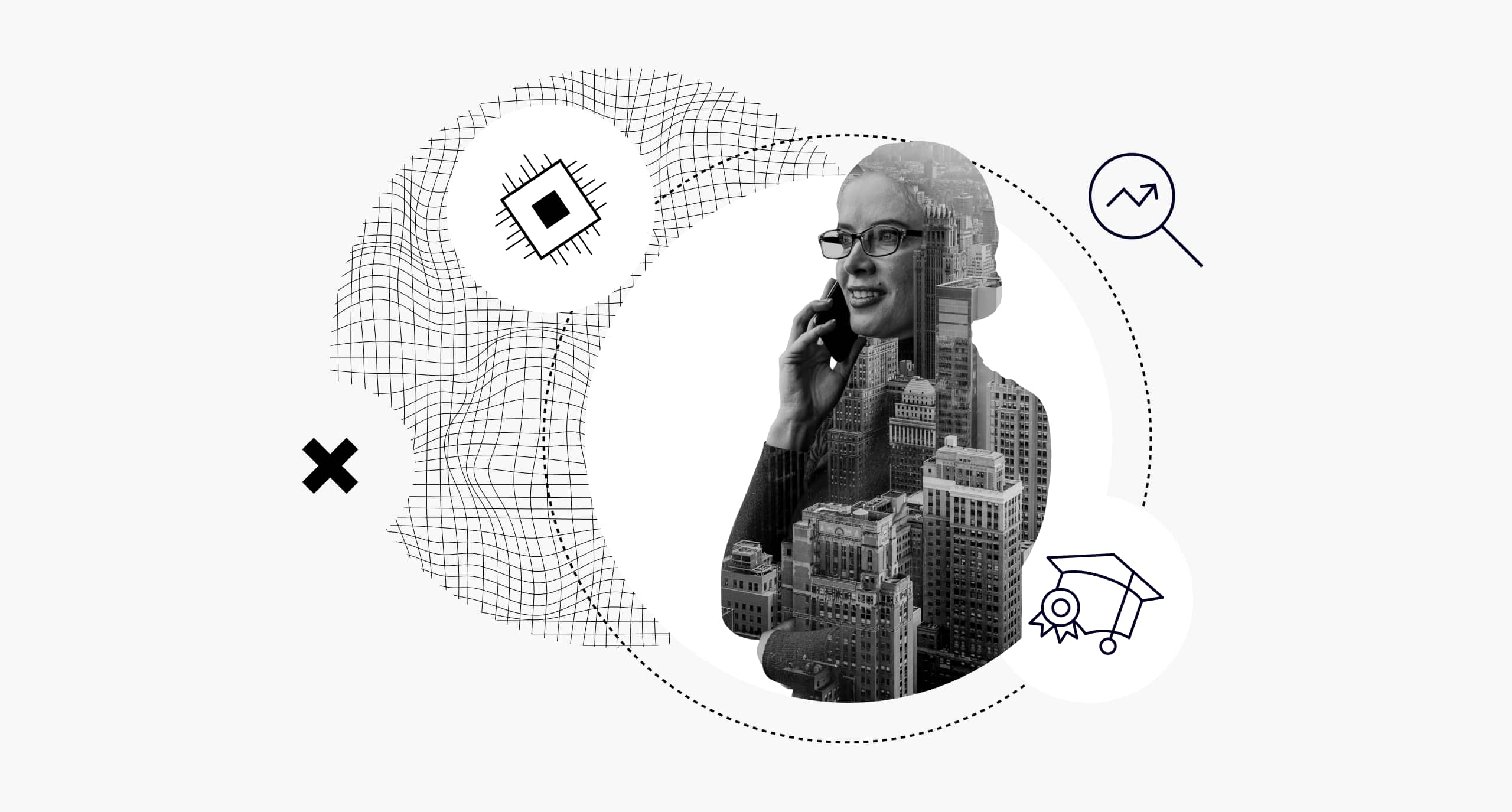Global leadership in international development requires tackling complex challenges that go beyond national borders. As the world works towards the UN’s Sustainable Development Goals (SDGs) and the 2030 Agenda, budding leaders need to understand both the technical and human sides of development.
That’s why IE University has partnered with the United Nations System Staff College (UNSSC). Together, we’ve developed our Bachelor in International Relations and Master in International Development. This partnership combines academic learning with real-world applications, preparing students for the dynamic field of international development.
What’s more, the collaboration brings seasoned UNSSC staff into our classrooms at the IE School of Politics, Economics & Global Affairs. Instructors Berin McKenzie, Sabine Bhanot and Itziar Arispe tell us more about how these programs shape future global leaders.
Bridging theory and practice with hands-on learning
Berin McKenzie, head of the UNSSC’s Knowledge Centre for Leadership and Management, explains that these joint IE-UNSSC programs are grounded in real-world needs. “The aim is to equip participants not just with an understanding of what needs to be done, but more importantly, how to do it—how to navigate the complexities, challenges and opportunities they will face in global development and international cooperation,” he says.
Berin believes many programs don’t fully prepare students for the realities of global governance. “Too often, educational interventions focus on theoretical solutions, but in this space, theory alone is insufficient.”
His courses help students connect academic ideas with real experiences, offering insights into how the United Nations works and how to make an impact in such a large and complex organization. In his own words, “We need to prepare participants to be effective change agents in an arena that is as inspiring and brilliant as it is bureaucratic and infuriating.”
Developing key skills for change
In international development, success is not just about textbook knowledge. Sabine Bhanot, an organizational change expert at the UNSSC, points out that knowing how to manage change is crucial. “Understanding the psychology of change and how to navigate it has become a foundational tool for all change leaders driving the goals of the 2030 Agenda,” she notes. Sabine focuses on teaching professionals how to lead effective change strategies, helping them apply what they’ve learned in real-world situations.
Sabine also emphasizes the value of collaboration and continuous professional development. “Communities of practice where you can have an honest conversation are vital to learning fast, as what seemed the pivot of knowledge today is no longer sufficient tomorrow.” This collaborative approach is core to the IE-UNSSC programs, where students work to solve real-world challenges in international development.
The importance of data and evaluation
Itziar Arispe, a professor at IE University and evaluation learning specialist at UNSSC, incorporates her data analysis and evaluation expertise into these programs. “I consider evaluation to be a very important discipline that everyone should learn about; it tells us what we are doing well and what we can do to improve,” she says.
Itziar’s courses focus on teaching students how to use data to assess the effectiveness of policies and programs in global development. Drawing from her extensive experience in various UN agencies, Itziar shows her class how to use data to direct decision-making. Through this practical approach, students apply what they’ve learned to their own work, making their efforts more impactful.
Building a holistic skill set
Global development work also requires emotional intelligence and resilience, qualities that Berin, Sabine and Itziar all emphasize. Berin explains that excelling in this field requires more than technical knowledge: “Success in international development requires a deeper, more nuanced toolkit.” He stresses that emotional and cultural intelligence are key to thriving in high-pressure environments.
Sabine agrees, noting that resistance to change often comes from valid concerns within organizations. “When people resist change, they have—in their minds—credible reasons,” she says. This is why listening and understanding are essential parts of leading change. Itziar also highlights the need for an open mind and continuous reflection in development work, saying that this helps leaders stay adaptable and effective in the face of challenges.
Shaping global change leaders
The partnership between IE University and the UNSSC offers a unique learning experience blending academic excellence and hands-on experience. Students gain insights directly from experienced professionals in the field, who share their know-how and insider insights into global governance and development. In addition, each program’s curriculum is designed with the input of a leading global organization on the frontlines of change.
Graduates of these programs are equipped with a leader’s technical skills, emotional intelligence, resilience and adaptability. These are all qualities that help you lead positive change on the global stage. Through this collaboration, you’ll be ready to tackle the challenges of global development with a lasting impact.
Join us at IE School of Politics, Economics & Global Affairs
Discover a program that suits your profile and career goals.

Benjamin is the editor of Uncover IE. His writing is featured in the LAMDA Verse and Prose Anthology Vol. 19, The Primer and Moonflake Press. Benjamin provided translation for “FalseStuff: La Muerte de las Musas”, winner of Best Theatre Show at the Max Awards 2024.
Benjamin was shortlisted for the Bristol Old Vic Open Sessions 2016 and the Alpine Fellowship Writing Prize 2023.






